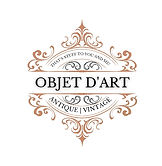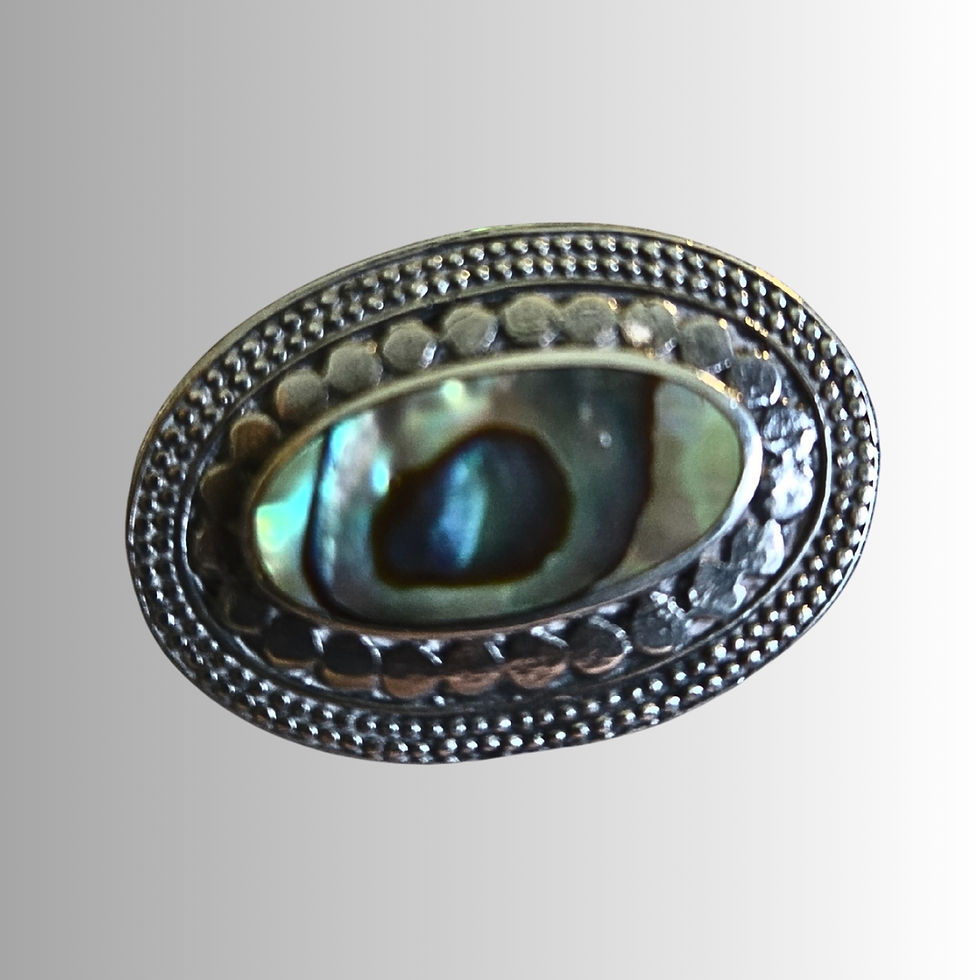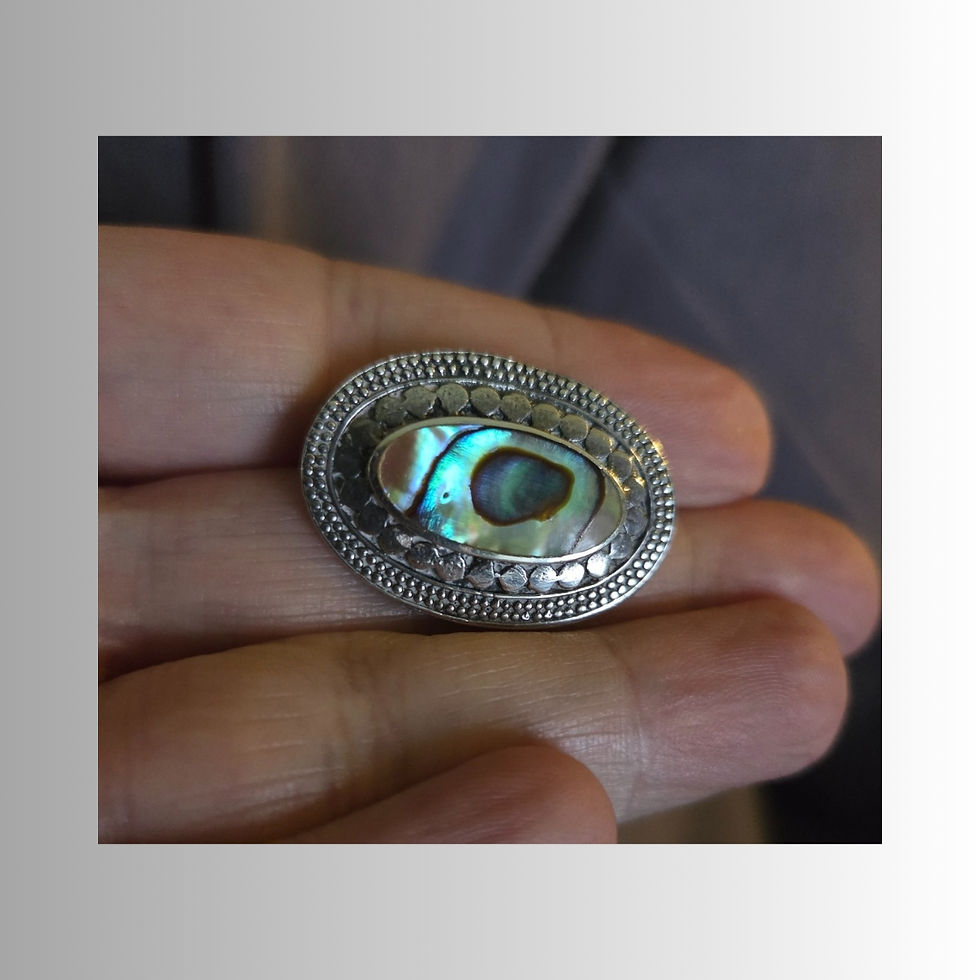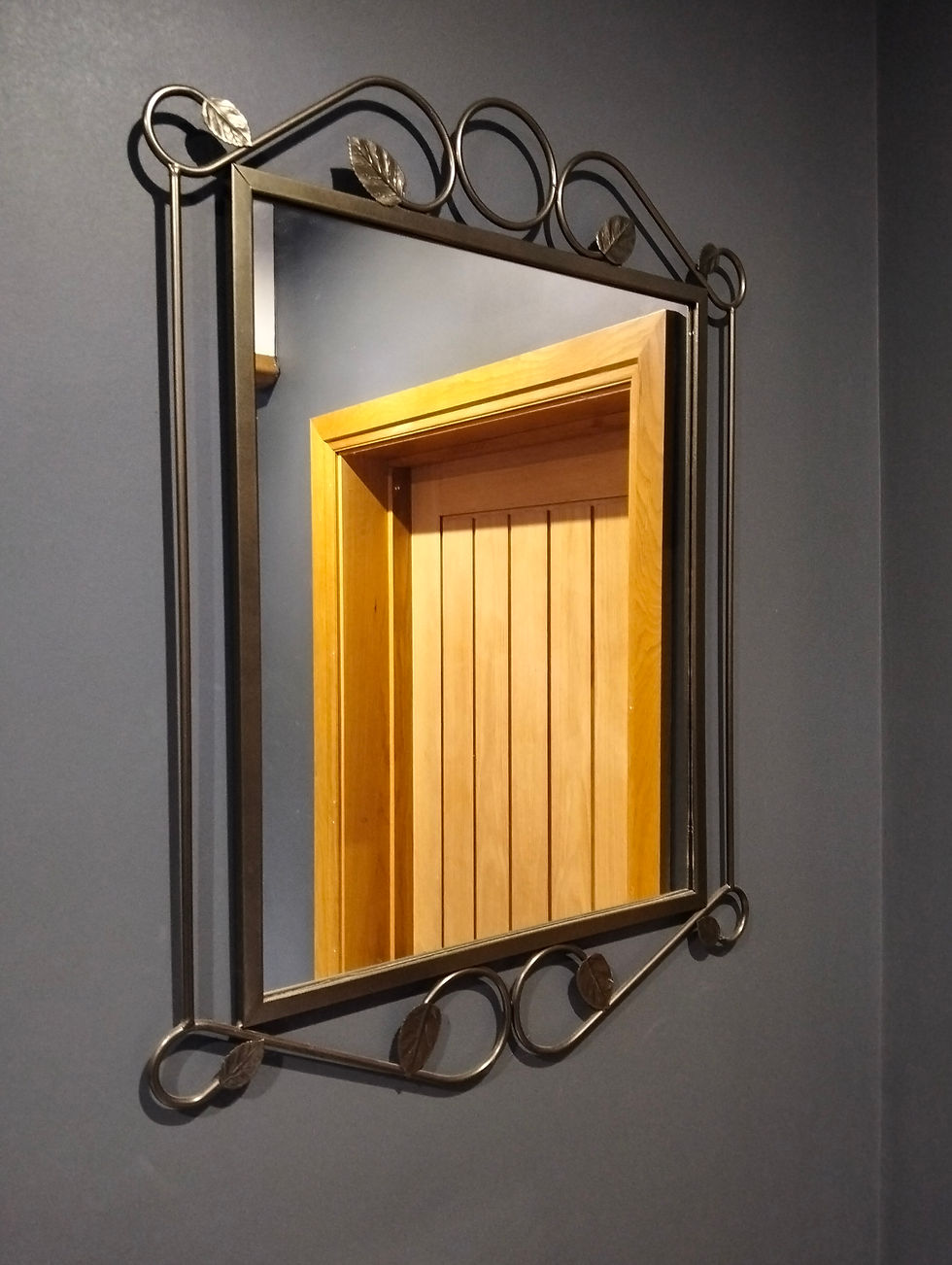Vintage tunbridge ware jewelry box or keepsake box probably 1950s could be earlier 18 cm wide 13 cm width 7 cm height some age related wear but does not detract from the item Tunbridge ware is a type of decorative woodwork that originated in the spa town of Tunbridge Wells in Kent, England in the 1600s:
Origins
Tunbridge ware may have been originally made by cabinet makers in Tonbridge. Early pieces were simple, lathe-turned wooden objects that were sometimes painted or decorated with printed paper labels.
Development
The craft evolved over time, with new techniques and styles being introduced:
Veneered ware: In the 1700s, thin slices of different colored woods were inlaid to create designs or pictures.
Stick-ware and half-square mosaic: Invented by James Burrows around 1830, these techniques involved gluing together shaped rods and slivers of wood, then cutting them into thin slices to create a design.
Tessellated mosaic: Developed in the later 1800s, this technique involved gluing together thin sticks of different timbers to create a design, then slicing them into thin veneers to apply to the item.
Popularity
Tunbridge ware became Britain's first holiday souvenir industry, and was sold to wealthy visitors to the Chalybeate spring in Tunbridge Wells. It achieved international recognition at the Great Exhibition of 1851, where Edmund Nye won an award for his w work
Vintage tunbridge ware jewellery box or keepsake
Stock No
608



















































































